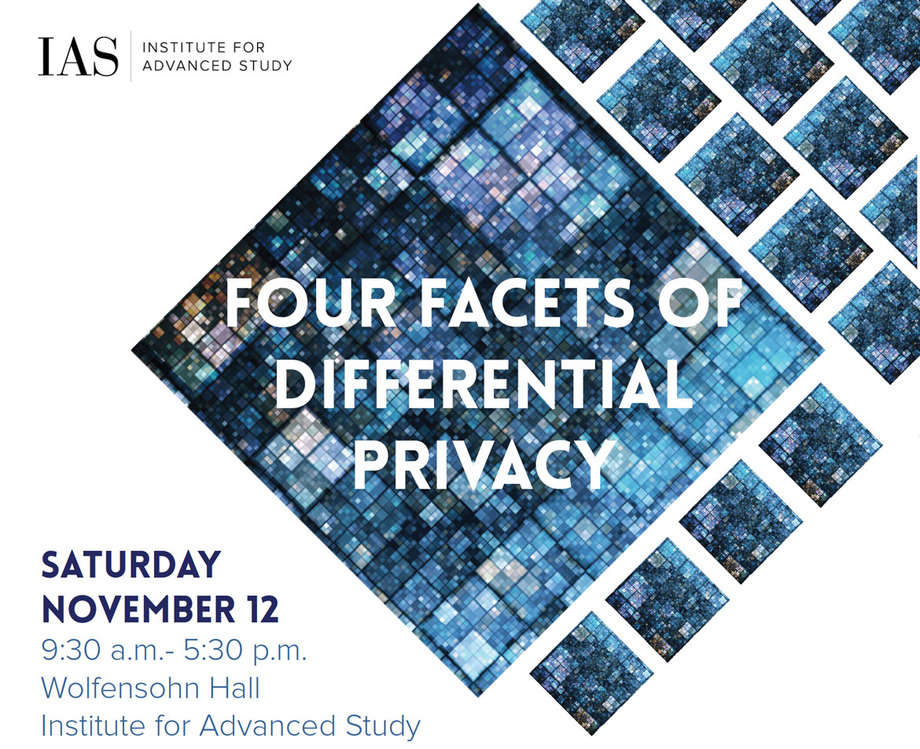Several repugnant transactions became less so (at least they moved from illegal to legal) along with the other results of last Tuesday's elections.
After Colorado, right-to-die movement eyes new battlegrounds
"
By an overwhelming vote Tuesday, Coloradans approved a ballot initiative allowing physicians to prescribe lethal drugs to mentally fit, terminally ill adults who want to end their lives. Colorado is the sixth state to allow the practice, following Oregon, Washington, Montana, Vermont and California. Washington, D.C., is poised to approve similar legislation as soon as this month.
Colorado’s ballot initiative proposal met resistance from religious groups with moral objections and disability advocates leery of abuse of power. Opponents raised over $2.6 million, the bulk of which came from the Archdiocese of Denver. Supporters, who argued that terminally ill patients deserve the option to “die with dignity,” raised over $5.4 million, mostly from the Compassion & Choices Action Network."
**********
Arizona rejected marijuana legalization, and in Maine it passed by a hair, with a
50.2 percent majority finally counted on Thursday. Marijuana is now legal in some form in many more American states, with perhaps a quarter of the population. The Guardian
notes the results of Tuesday's ballots...
"Approved: California voters approved recreational marijuana, a huge victory in the fight for cannabis legalization, paving the way for the largest commercial pot market in the US.
Approved: Massachusetts also voted for recreational pot, extending legal weed from coast to coast.
Approved: Nevada became the third state to approve a recreational cannabis law, making the west an even stronger region for marijuana sales.
Approved: Earlier in the night, Florida voters passed a constitutional amendment to legalize medical marijuana, the first victory in a string of high-profile cannabis measures on Tuesday’s state ballots.
Approved: North Dakota was the second state to approve medical weed, with the approval of
Measure 5, which approves the use of marijuana to treat a number of
diseases, including cancer, Aids, epilepsy and hepatitis C.
Approved: Arkansas also passed a medical cannabis measure that would
allow patients with specific conditions to buy medicine from dispensaries licensed by the government.
Rejected: Arizona was the first state to vote against its marijuana measure, with the news early on Wednesday morning that voters have rejected Proposition 205. The measure would have legalized recreational pot.
Approved: Montana residents voted to expand the state’s medical marijuana system with the passage of
Initiative 182, which removes limits on the number of patients providers can serve. Proponents of the measure argued that the existing restrictions blocked patients from accessing care.
Advocates and opponents agree that
California’s Proposition 64 is the most important cannabis measure America has seen and could be an international game-changer for marijuana policy in the US.
California, which recently overtook the UK to have the fifth largest economy in the world, is expected to have a recreational marijuana market greater than Colorado, Washington, Oregon and Alaska combined, said Ethan Nadelmann, executive director of the Drug Policy Alliance.
“When I talk to everybody from allies to government officials in Mexico and I ask them what’s it going to take to transform the debate,” he said, “the response to me is when California legalizes marijuana.”
Too close to call: As of Wednesday afternoon, a recreational measure in Maine was still too close to call.
As medical and retail cannabis operations have spread across the US, legal marijuana has become the
fastest-growing industry in the US, with some analysts projecting sales to reach $22bn
by 2020."

















